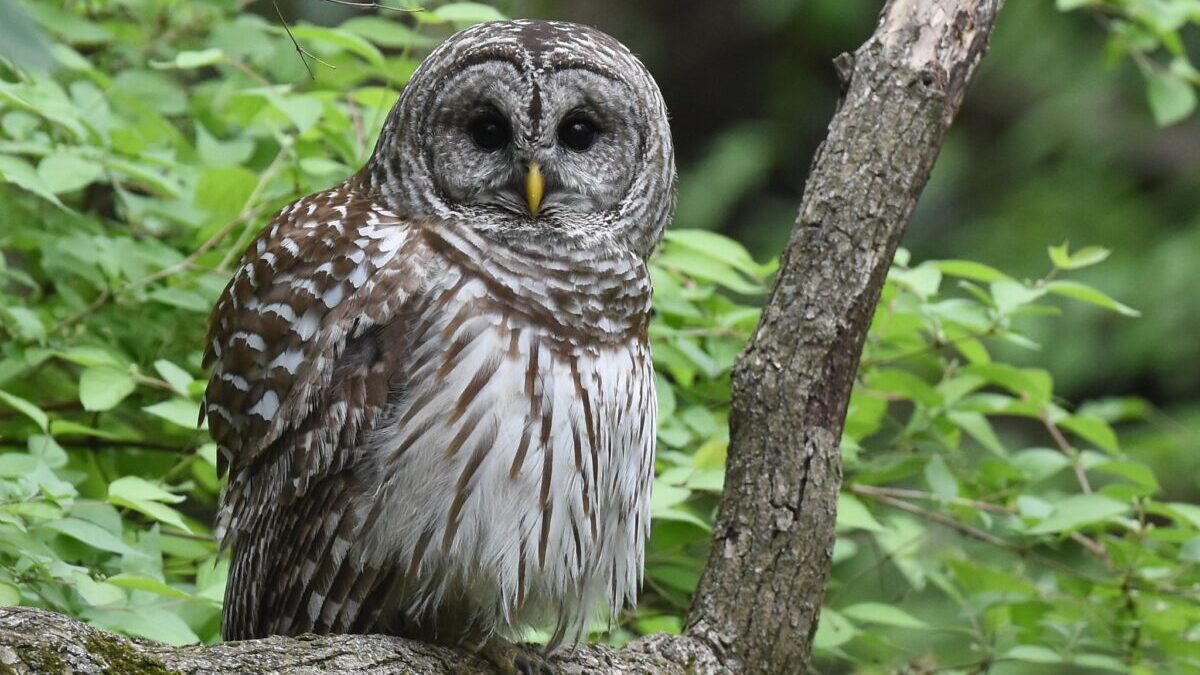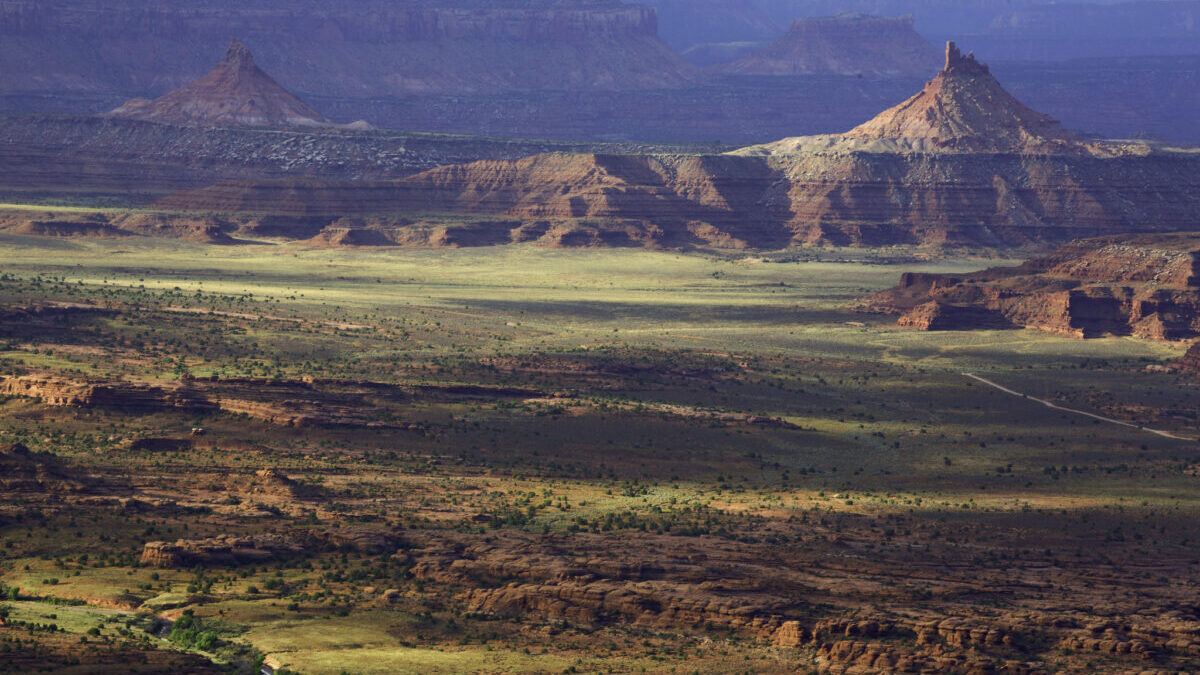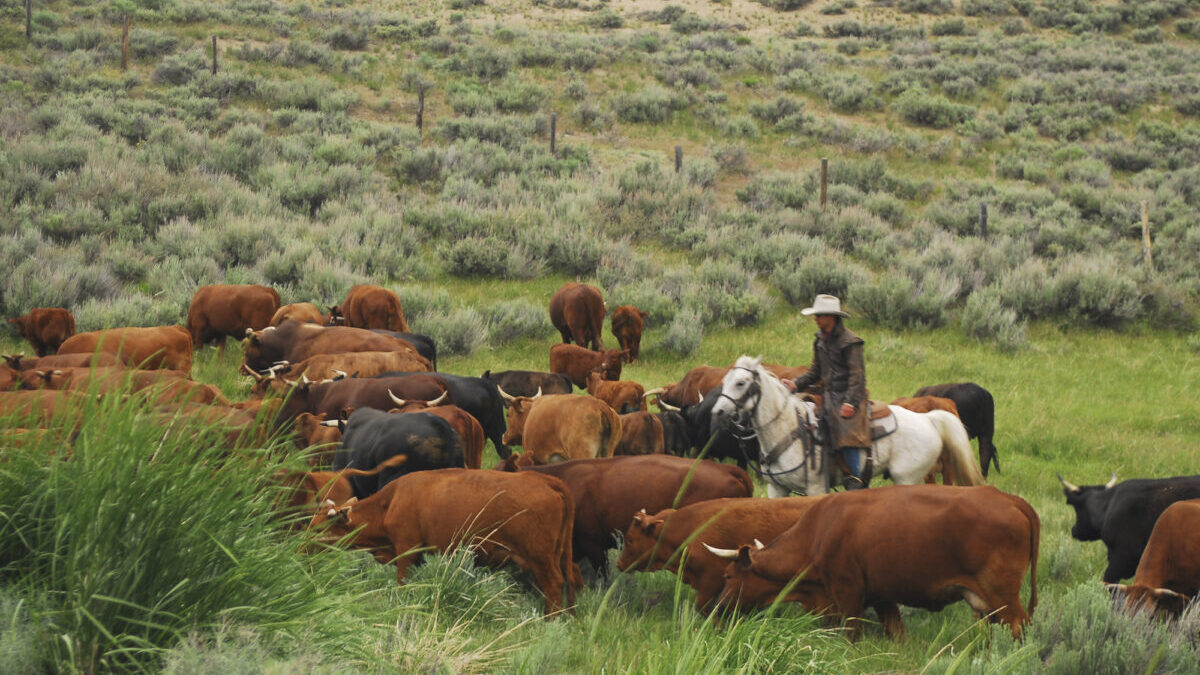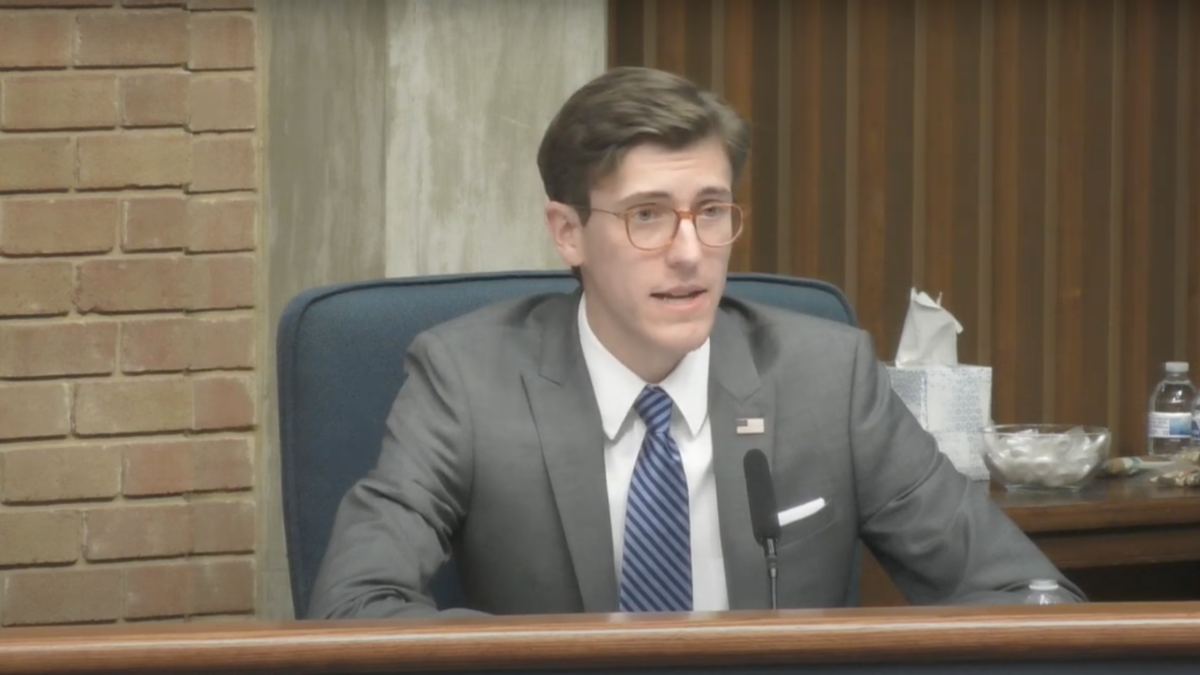The Associated Press reported last week that federal officials are preparing to deploy state-employed hunters to kill nearly half a million owls across the Pacific Northwest in the name of “conservation.”
“U.S. wildlife officials are embracing a contentious plan to deploy trained shooters into dense West Coast forests to kill almost a half-million barred owls that are crowding out their cousins,” the AP reported. “Documents released by the agency show up to about 450,000 barred owls would be shot over three decades after the birds from the eastern U.S. encroached into the West Coast territory of two owls: northern spotted owls and California spotted owls.”
The Fish and Wildlife Service is targeting owls across Oregon, Washington, and California. According to an agency press release, no public hunting of the barred owls will be permitted while the government carries out the mass execution of roughly half a million birds. Only certain indigenous tribes, government agencies, and select companies and landowners will be granted permission to “implement barred owl management” under the Migratory Bird Treaty Act.
“Barred owl removal, like all invasive species management, is not something the Service takes lightly,” said Service Oregon Office state supervisor Kessina Lee. “The Service has a legal responsibility to do all it can to prevent the extinction of the federally listed northern spotted owl and support its recovery, while also addressing significant threats to California spotted owls.”
“The notion of killing one bird species to save another has divided wildlife advocates and conservationists,” the AP reported. “It’s reminiscent of past government efforts to save West Coast salmon by killing sea lions and cormorants that prey on the fish, and to preserve warblers by killing cowbirds that lay eggs in warbler nests.”
The government’s owl program is also reminiscent of far-left environmental efforts to compromise traditional views in pursuit of favored policy goals, such as the destruction of forests and farmlands for solar fields or the possible killing of whales for offshore wind projects. A Harvard study reported last year “thousands of acres of forests, farms, and other carbon-rich landscapes are being converted to host large-scale solar,” driving up emissions as a result. And according to National Review, nine whales washed up on a beach in New Jersey last year, with another 22 humpback whales stranded between December 2022 and March 2023.
“More than 180 of the animals have washed ashore dead between Maine and Virginia since offshore-wind-energy development began in 2016,” the magazine reported. “And those that have washed ashore may only represent a small portion of those that have died.”
Massive wind operations have also been responsible for the deaths of hundreds of thousands of birds, including federally protected species.
According to the AP, federal officials under then-President Donald Trump “stripped habitat protections for spotted owls at the behest of the timber industry.”
“Those were reinstated under President Joe Biden after the Interior Department said political appointees under Trump relied on faulty science to justify their weakening of protections,” the wire reported.
Trump’s director for the Bureau of Land Management, William Perry Pendley, called the charge “nonsense” in an interview with The Federalist.
“That’s the common accusation,” Pendley said of the “faulty science” label slapped on the Trump administration’s environmental agenda, adding “I don’t have any confidence” in the assessment.
Concerns over the spotted owl, Pendley explained, were used as a political instrument to terminate timber contracts throughout the Pacific Northwest. “So-called experts had to shut down timber harvesting,” Pendley said, and they “killed all those communities” as a result.
A 2013 article in National Public Radio (NPR) titled, “Loss Of Timber Payments Cuts Deep In Oregon,” chronicled the hardships faced by residents of hollowed-out timber towns. In Josephine County, the sheriff, who was forced to lay off 80 percent of deputies, warned victims of domestic violence in a press release to “consider relocating to an area with adequate law enforcement services.”
Now, bureaucrats in the Biden administration have pivoted from blaming the timber industry on the “threatened” status of the spotted owl to pointing the finger at a rival species. “A few years ago, these experts were saying ‘it’s logging,'” Pendley said. “Nobody was saying ‘maybe it was logging’ or ‘maybe it was the barred owl.’ Now they’re saying ‘oh sorry, my bad.'”
“It’s so unnecessary what they did to the logging industry,” Pendley said.
According to the American Bird Conservancy, just 15,000 spotted owls remain in the wild, and their population is trending downward. Pendley said officials lack numbers, however, on how many spotted owls are living in federally protected wilderness areas safe from logging, such as national parks. When career officials in the administrative state were pressed several decades ago on the number of owls required to save the species, the question was met with the denial of a “magic number.”
Pendley was succeeded at the Bureau of Land Management by Tracy Stone-Manning, a virulent opponent of the timber industry who lied about her participation in a 1989 tree spiking case during her confirmation process. Tree spiking consists of inserting metal rods into trees. The rods then become deadly projectiles when the trees are processed in the mill. While intended to intimidate workers in the timber industry, spiked trees have also injured firefighters hastily working to extinguish blazes. Tree spiking was used by left-wing radicals as a form of ecoterrorism in the 1980s and 1990s.
Stone-Manning took a plea deal with prosecutors in exchange for cooperation in the case, which the lead investigator on the case characterized as “extremely difficult.”







